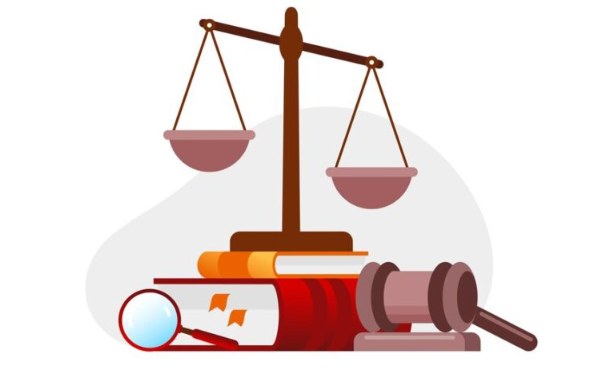What are Michigan Zoning Violation Laws Exactly?

Understanding Michigan zoning violation laws is essential for anyone looking to maintain compliance and avoid costly penalties. Let’s dive into the details you need to know about these important regulations! Zoning violations occur when a property owner does not comply with local zoning laws. These regulations dictate how land can be used in specific areas, ensuring that developments align with community standards.
Common examples include operating a business in a residential zone or failing to maintain property setbacks. Each municipality has its own set of rules, which can vary significantly across Michigan.
Understanding these violations is crucial for homeowners and businesses alike. Ignoring them can lead to costly fines or necessary alterations to your property.
It’s essential to stay informed about the zoning regulations in your area, as they are designed to protect both individual rights and community interests. Being proactive helps avoid unexpected surprises down the road.
Common Types of Zoning Violations in Michigan
Zoning violations in Michigan can take several forms. One common issue is improper land use. This occurs when a property owner uses their land for purposes not permitted by local zoning laws.
Another frequent violation involves setbacks. Properties must maintain certain distances from property lines, roads, or other structures. Failing to meet these requirements can lead to penalties.
Building without the proper permits is also a significant concern. Homeowners may start renovations only to realize they need approval first.
Signage regulations often trip people up as well. Exceeding size limits or installing signs in prohibited areas results in fines and removal orders.
Exceeding occupancy limits can create problems for landlords and homeowners alike. Local ordinances dictate how many individuals can reside comfortably within a space, ensuring safety and neighborhood harmony.
Consequences of Zoning Violations
Zoning violations in Michigan can lead to serious repercussions. When a property owner fails to comply with zoning regulations, they may face fines or penalties imposed by local authorities. These costs can add up quickly, creating an unexpected financial burden.
In addition to monetary penalties, violators might be required to cease their non-compliant activities immediately. This could mean halting construction projects or dismantling structures that violate zoning laws.
Moreover, persistent violations can result in legal actions taken against the property owner. Local municipalities may pursue court orders requiring compliance, which could escalate into more severe consequences like liens on the property.
The impact of a zoning violation isn’t just limited to immediate legal troubles; it could affect future development plans as well. A history of violations might make obtaining permits for new projects challenging and create long-lasting issues within your community relations.
Steps to Take if You Receive a Zoning Violation Notice
Receiving a zoning violation notice can be daunting. The first step is to carefully read the notice. Understand what specific regulation you are accused of violating.
Next, gather any relevant documents or evidence that demonstrate compliance with zoning laws. This could include property surveys, construction permits, or photos of your property.
Afterward, contact your local zoning office. They can provide clarity on the situation and guide you through potential remedies.
If necessary, seek legal advice from an attorney specializing in land use and zoning issues. They can help navigate complex regulations and represent your interests effectively.
Consider attending any scheduled hearings related to the violation. Engaging in open communication with officials may lead to a resolution that works for both parties involved.
How to Avoid Zoning Violations in Michigan
Understanding local zoning regulations is your first line of defense. Take the time to research and familiarize yourself with your municipality’s specific rules.
Engage with community planners or attend local meetings to stay informed about any changes that may affect your property.
Consider consulting a professional, such as an attorney or planner, particularly if you’re planning significant renovations or new construction. They can offer invaluable insights into compliance.
Before starting any project, check for necessary permits. Having the right approvals in place not only helps avoid violations but also ensures safety and quality.
Regularly review land use designations for your area too; fluctuations can occur based on city planning updates or neighborhood improvements.
Maintain open lines of communication with neighbors. Keeping them informed can prevent misunderstandings that might lead to complaints and potential violations down the road.
Conclusion
Zoning laws serve to regulate land use, ensuring that communities develop in a structured and orderly fashion. They dictate how properties can be used, which directly impacts neighborhood aesthetics, safety, and overall quality of life. If you’re unsure about specific zoning classifications or requirements in your area, consulting local government resources or a real estate attorney is always wise.
By taking these steps seriously and remaining vigilant about compliance with Michigan’s zoning regulations, you’ll find peace of mind while navigating property ownership responsibilities effectively.




